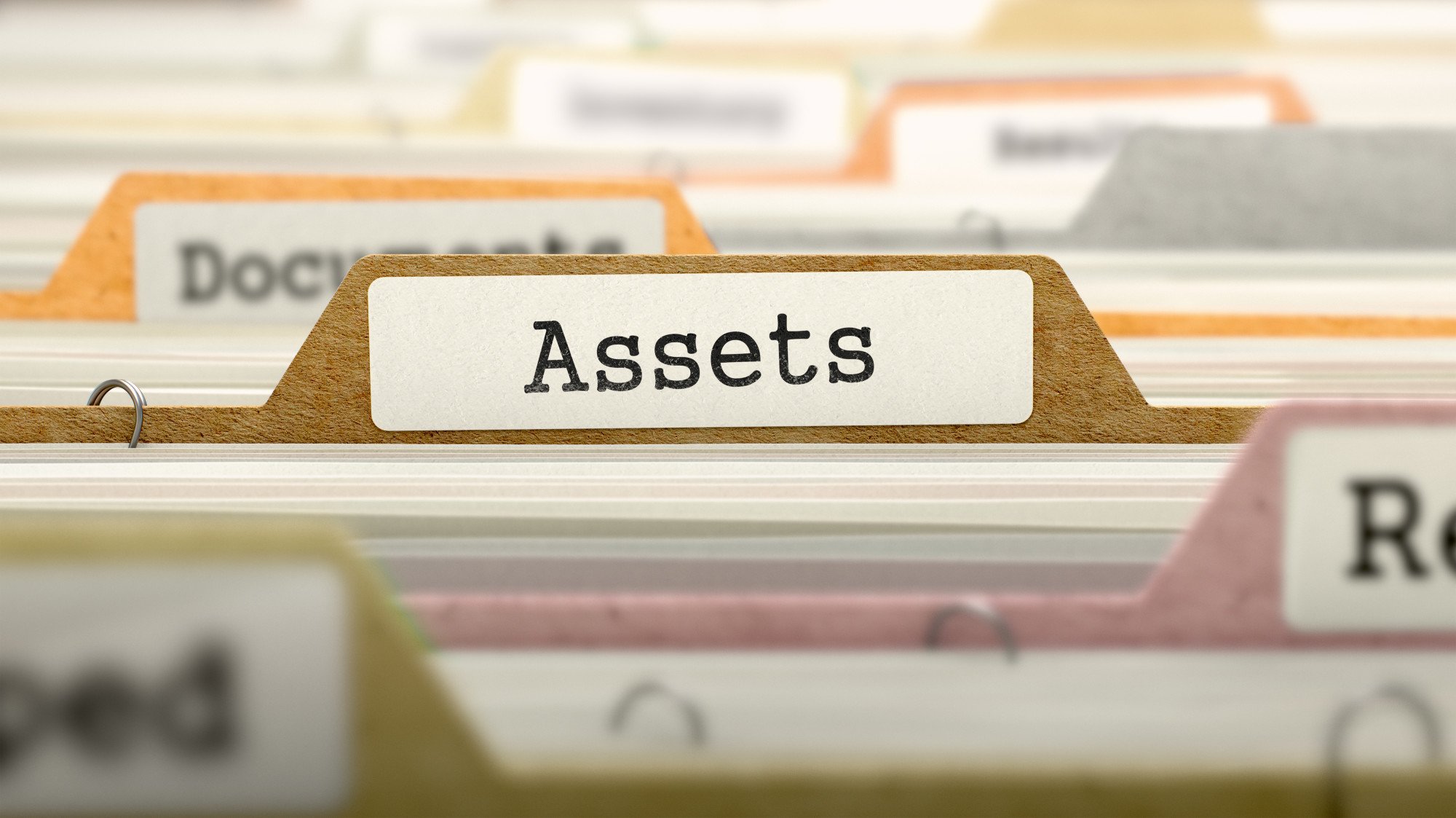

Almost 40 percent of Canadians cite money as their biggest source of stress. For many, changes to employment, lifestyles, and expenses during the pandemic have only exacerbated this problem.
While it’s easy to get overwhelmed by the idea of tightening up your budget, there are a surprising number of painless ways to reduce expenses in Canada. Here are our 12 favorite money-saving tips for every home.
1. Eat at Home More Often
This tip makes the top of almost every list on budgeting and with good reason. The average Canadian household spends around $300 per month on restaurant dining. That adds up to almost $4,000 per year!
Many of these purchases are small and easy to overlook. An expensive latte here, lunch or dinner on the go there. But taken together they add up to a huge drain on your finances.
If the thought of giving up your favorite take-out makes your heart sink, remember that you don’t have to eliminate eating out altogether! Allot a small amount of money each month for take-out and use it for the things you love most or hectic days when you need a helping hand. Then dedicate some time each week to meal planning and prep.
You’ll be amazed at how quickly small changes lead to big savings.
2. Get Conscientious About Energy Usage
Watching energy usage in your home isn’t just eco-friendly. It’s great for your budget, too. Even better, cutting back on the amount of energy that you use often requires nothing more than a little extra attention or the use of tools you’ve already got on hand.
Try starting with these simple steps:
- Unplug small appliances and electronics when you aren’t using them
- Be diligent about turning off lights when you leave a room
- Check and adjust the settings on your thermostat
Many appliances suck down far more electricity than the average user realizes, even then they are off or not in use. Unplugging them prevents you from paying for energy you aren’t getting any value out of. Turning off the lights when you’re not in a room and not unnecessarily heating or cooling your home when you aren’t there to benefit from it also save money without impacting your comfort.
3. Cut the Cord on Cable
It’s a joke so long-standing as to be cliché. Cable and satellite tv offer hundreds of channels, but there’s never anything to watch when you pick up the remote.
Thanks to streaming services and on-demand providers, Canadians can purchase or rent movies and shows any time with the click of a button. In this environment of accessibility, paying for cable or satellite offers a low return on investment. Canceling your plan can save hundreds or thousands of dollars a year and you’ll barely notice it’s gone.
4. Consolidate Phone and Internet Expenses
Speaking of streaming, consider taking a good hard look at what you’re paying for your phone and internet services. Often, individuals and households make decisions about these services in the moment. For example, they sign the most convenient or cost-effective contract when they move into somewhere new or when their phone dies and they need a new one in a hurry.
Long term, this can lead to a mishmash of service providers, terms, and fees. Consolidating your services into a comprehensive package with a single provider or switching to lower-cost providers for each service can save you hundreds of dollars a month and thousands per year.
5. Stop Buying Tools
Maintaining your home is critically important. But too often, households overlook just how much money they spend buying expensive single-use tools for a particular project. After one use, the tools become clutter, which makes matters even worse.
Save money on a cost you’ve probably never thought about by borrowing or renting tools when you need them. Explore other options for home repairs on a budget, too, if you can. Your wallet will thank you.
6. Reduce Home Services
While you’re thinking about home maintenance, take a minute to review any services you use to help maintain your home throughout the year. This might include professional cleaning services, yard work services, and similar expenses.
There’s no denying that paying others to do this work can help keep your home in tip-top shape. It can also get expensive quickly.
Save money by:
- Taking on more care of your home yourself
- Switching to a different plan that reduces costs
- Shopping around for competing service providers who will do the same work for less
Spending a little time now learning how to maintain your home and a lovely yard on a budget can save you money for years to come.
7. Look Into Late Fees
Late fees are an unpleasant fact of life that everyone suffers from and no one wants to think about. But getting on top of late fees will not only save you money, it will improve your credit score.
Of course, no one intends to pay their bills late. But many Canadians don’t realize how much they can do to help cut back on missing or late payments. Simple options include:
- Scheduling auto payments from your bank account or credit card
- Setting early reminders on a calendar or money-management app
- Using a consistent weekly or monthly system to track, manage, and pay bills
- Contacting service providers or creditors to request a different payment due date that better aligns with your cash flow
- Switching from monthly payments to quarterly or annual payments (or vice versa) to improve budgeting control
- Contacting providers or creditors in advance to ask for an extension if you know you will not be able to make a payment
Taking even one of these steps can dramatically reduce how much money you pay in avoidable fees every year.
8. Beat Common Bank Fees
Another place to cut fees is at your bank. For some adults, saving money in Canada is as easy as:
- Switching from a bank to a local credit union
- Changing what type of checking and savings accounts you hold
- Avoiding account fees by having your paycheck direct deposited
- Avoiding account fees by increasing the minimum amount you keep in a given account
- Linking accounts to avoid overdraft fees
Don’t be afraid to compare banks and accounts and change things up if need be.
9. Scrap Your Old Subscriptions
Subscriptions can be sneaky. You sign up for something once only to realize years later that the company is still auto-renewing your subscription even though you’ve long since stopped using or enjoying the product or service. To add insult to injury, these costs can increase over time, quietly sapping funds from your budget without your awareness.
Take back control by reviewing your subscriptions, credit card statements, and bank accounts. Make a list of all the subscriptions you have and how much they cost. Then go through and cancel everything you aren’t actively using or enjoying.
You’ll save a surprising amount of money with no impact on your lifestyle.
10. Cut Your Clothing Budget
The fast fashion industry works hard to capture Canadians’ clothing dollars but offers little in return. While each individual piece may be inexpensive, items don’t last long and total costs can rack up fast.
Fight back by giving yourself a set budget for clothing and banning shopping as a hobby. Prioritize buying pieces you really need and choose quality items that will last and give you a good return on investment.
If you miss the thrill of adding new pieces to your wardrobe, talk to your friends about swapping or borrowing staple pieces and accessories. It’s a great way to have fun and try new styles while staying budget-smart and eco-friendly.
11. Inspect Your Insurance
Sitting down with your insurance provider may be the least fun of these budgeting tips, but it can yield big returns. Like phone and internet plans, insurance policies are expenses that often reflect a single moment in time. Canadians choose them based on their needs in the moment, then never look at them again even as their situations and needs change.
When you inspect your insurance policies, you may find:
- You are paying for coverage you no longer need
- You now qualify for a lower cost bracket but are still paying higher rates
- You could save money by consolidating policies or switching to a different provider
Updating your insurance to reflect your current needs and situation can save large amounts of money over time.
12. Reevaluate the Big Stuff
Many of the potentially money-saving opportunities on this list are overlooked because they are small or something that Canadians don’t interact with every day. But there are other options for households looking to reduce expenses in Canada that get missed for the opposite reason. Prime examples are your home and vehicle.
These are big expenses and changing them up can potentially yield huge savings. Yet they’re so ubiquitous that they’re easy to take for granted and think of as set and unchangeable.
If you’re serious about tightening up your budget, take a step back and ask yourself whether your current living situation and vehicles are really a good fit for your needs. You may find that downsizing even a little or moving closer to where you work and play can have a big impact on your overall expenses in a hurry.
Reduce Your Financial Stress
Being intentional about your budget can be empowering and take a weight off your shoulders. Learn more savvy ways to control your expenses and increase your income by browsing our other great articles today.





